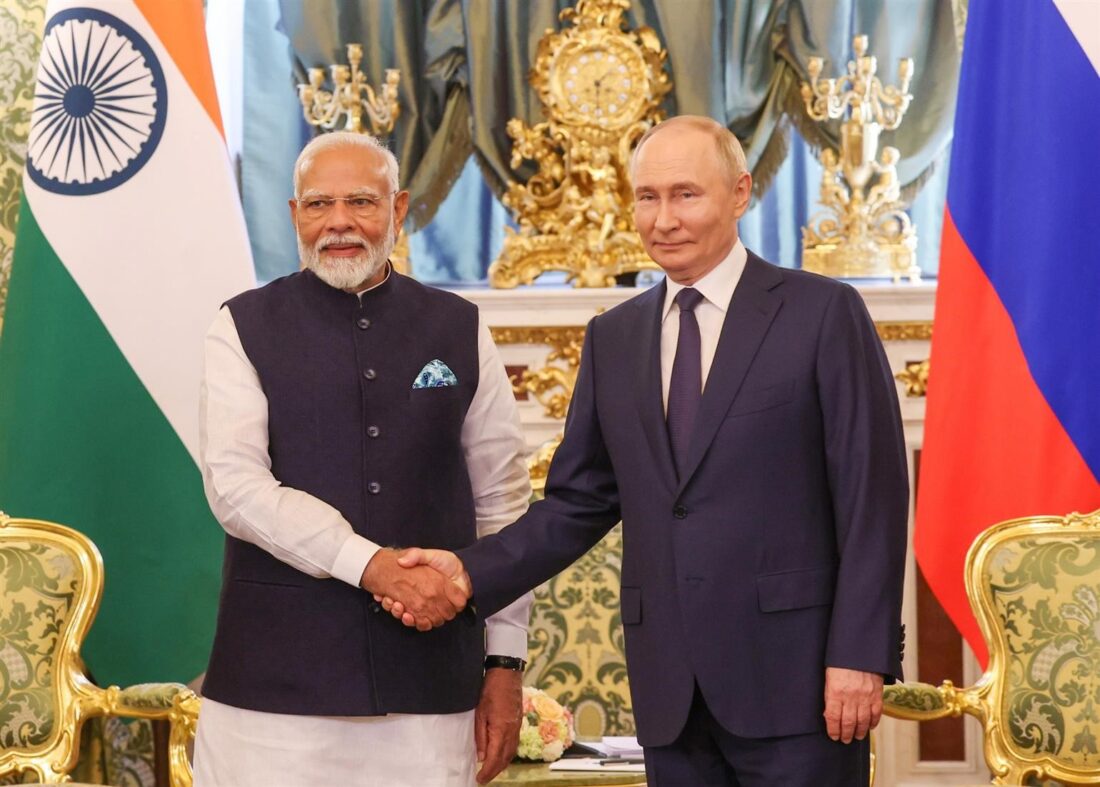North News
New Delhi, August 28
India will soon wear a grand necklace of industrial smart cities as in a landmark decision on Wednesday, the Cabinet Committee on Economic Affairs chaired by Prime Minister Narendra Modi has approved 12 new project proposals under the National Industrial Corridor Development Programme (NICDP) with an estimated investment of Rs 28,602 crore. This move is set to transform the industrial landscape of the country creating a robust network of industrial nodes and cities that will significantly boost economic growth and global competitiveness.
Addressing the media, Union Minister Ashwini Vaishnaw said that spanning across 10 states and strategically planned along 6 major corridors, these projects represent a significant leap forward in India’s quest to enhance its manufacturing capabilities and economic growth. “These industrial areas will be located in Khurpia in Uttrakhand, Rajpura-Patiala in Punjab, Dighi in, Maharashtra, Palakkad in Kerela, Agra and Prayagraj in UP, Gaya in Bihar, Zaheerabad in Telangana, Orvakal and Kopparthy in AP and Jodhpur-Pali in Rajasthan,” he added.
Giving details, Union Minister Vaishnaw said that the new industrial cities will be developed as greenfield smart cities of global standards, built “ahead of demand” on the ‘plug-n-play’ and ‘walk-to-work’ concepts. “This approach ensures that the cities are equipped with advanced infrastructure that supports sustainable and efficient industrial operations. Aligned with the PM GatiShakti National Master Plan, the projects will feature multi-modal connectivity infrastructure, ensuring seamless movement of people, goods, and services,” he added.
Talking about the industrial cities, he said that the industrial cities are envisioned to be growth centers for the transformation of the whole region. The NICDP is designed to foster a vibrant industrial ecosystem by facilitating investments from both large anchor industries and Micro, Small, and Medium Enterprises (MSMEs). These industrial nodes will act as catalysts for achieving $2 trillion in exports by 2030, reflecting the government’s vision of a self-reliant and globally competitive India.
















